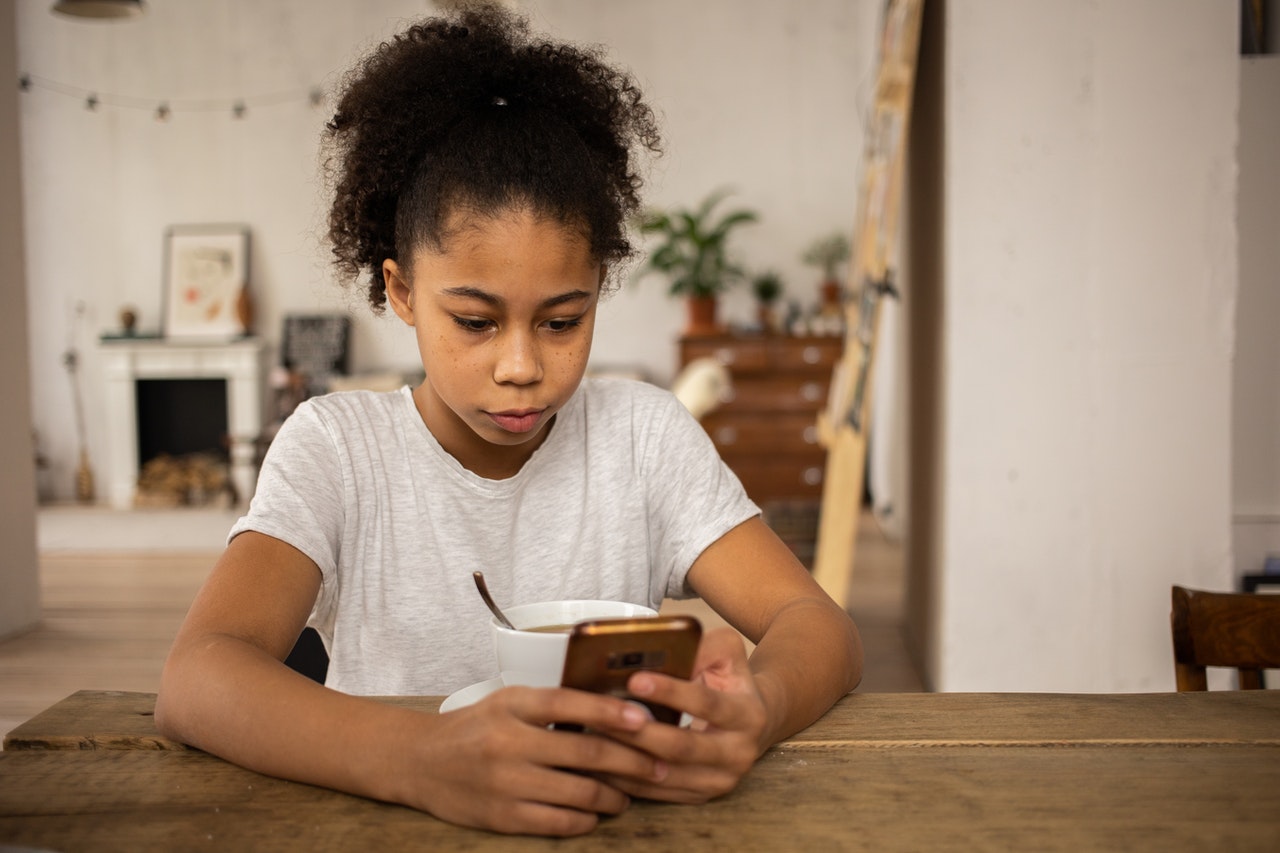Published October 1, 2021
You’ve seen the people checking their phones at stoplights. You’ve seen the gamers glued to their Playstations. And you’ve seen the kids who are completely mesmerized by tablets. It’s no secret that people are logging more screen time than ever. But there’s a difference between enjoying our modern conveniences and getting a little too carried away. When your kids unplug every once in a while, they benefit in a ton of different ways, some of which might surprise you. So, let’s take a look at some of the best arguments for moderating your child’s screen time.
Why Unplug?
Unplugging Might Improve Your Child’s Academic Performance
A study by The National Institute of Health found that excessive screen time can actually cause a “thinning of the brain’s cortex,” which they go on to explain is the part of the brain that’s responsible for critical thinking and reasoning. It’s also been linked to Attention Deficit Disorder. But there’s no need to worry. Something as simple as managing their screen time can really gear their brains for success.
Limiting Screen Time Could Help Their Development
Dr. Jennifer F. Cross of the New York Presbyterian Children’s Hospital explains that too much screen time creates tunnel vision. In other words, when kids are staring at a screen, they’re not observing the people and the world around them. And taking in their environment is an important part of developing their language and social skills. But again, here’s some great news: Encouraging your kids to unplug can reduce those negative outcomes, make them more empathetic, and improve their relationships.
Unplugging Can Be Good for Their Health
According to Forbes, too much screen time can sometimes make it harder to fall asleep, can increase depression and anxiety, and has even been linked to obesity. So, when your children unplug, they might be more well-rested, increase their chances of being physically fit, and even improve their mental health.
Limiting Screen Time Can Help Them Discover New Interests
According to PBS, screen time can be physically addictive in a way that’s similar to a drug dependency. That means that screen time leads to even more screen time. When a child is tied to their screen all day, they’re simply not exploring other interests. So, if you’re encouraging your kid to stay away from their electronic devices, they might discover all sorts of new interests—like a love of basketball, writing poetry, or building things. And who knows where these new interests could lead?
Tips for Getting Your Kids to Unplug
You’re probably thinking this is easier said than done. And you’re right. It can definitely take a bit of effort…but a little extra planning can go a long way. Here are a few ideas for getting your kids to unplug:
- Plan a Screen-Free Day Together – Is there something the entire family likes to do outside? Or is there a new activity you’ve all been meaning to try? Take your kids out to a park or playground, have some fun out in nature, or plan a day of board games and puzzles. It’s a great way to keep them active and enjoy each other as a family.
- Limit Unhealthy Screen Time – Your kids will probably need their computers and tablets for educational purposes. But consider setting a time limit on recreational screen time, like video games, TV, and YouTube.
- Lead By Example – You might consider monitoring your own screen time, especially in front of the kids. We all struggle with this, and that’s okay! But if we all push ourselves to be better, then we push our kids to be better, too. It might be easier to enforce a time limit with your kids if you’re doing it yourself.
- Seek Out an Off-Screen Hobby – Does your kid love to read? Do they have an interest in sports? Do they like to journal or write short stories? When your children get hooked on something positive, they fall into a healthy, sustainable routine.
- Treat Screen Time as a Reward – Little indulgences are a part of life. Everyone loves a slice of pie, a soda, or a bag of Skittles. But as you know, these are treats. And they’re best in moderation. So, try to position screen time in the same way. You might even have your child earn it through good behavior or helping out with household chores. This creates an understanding that screen time is the exception and not the rule.
We know it’s tough. Today’s parents are up against a cultural shift towards more and more screen time. But you’ve got this. Limiting unhealthy screen time can help your child’s classroom performance, their development, their health, and might even help them discover a new talent. So, talk to your kids about all of the great things that happen when they start to unplug. It’s definitely a commitment, but it’s also time very well-spent.
